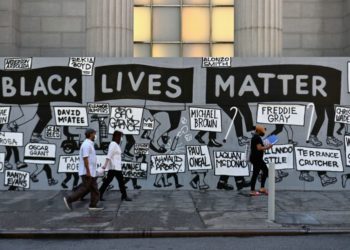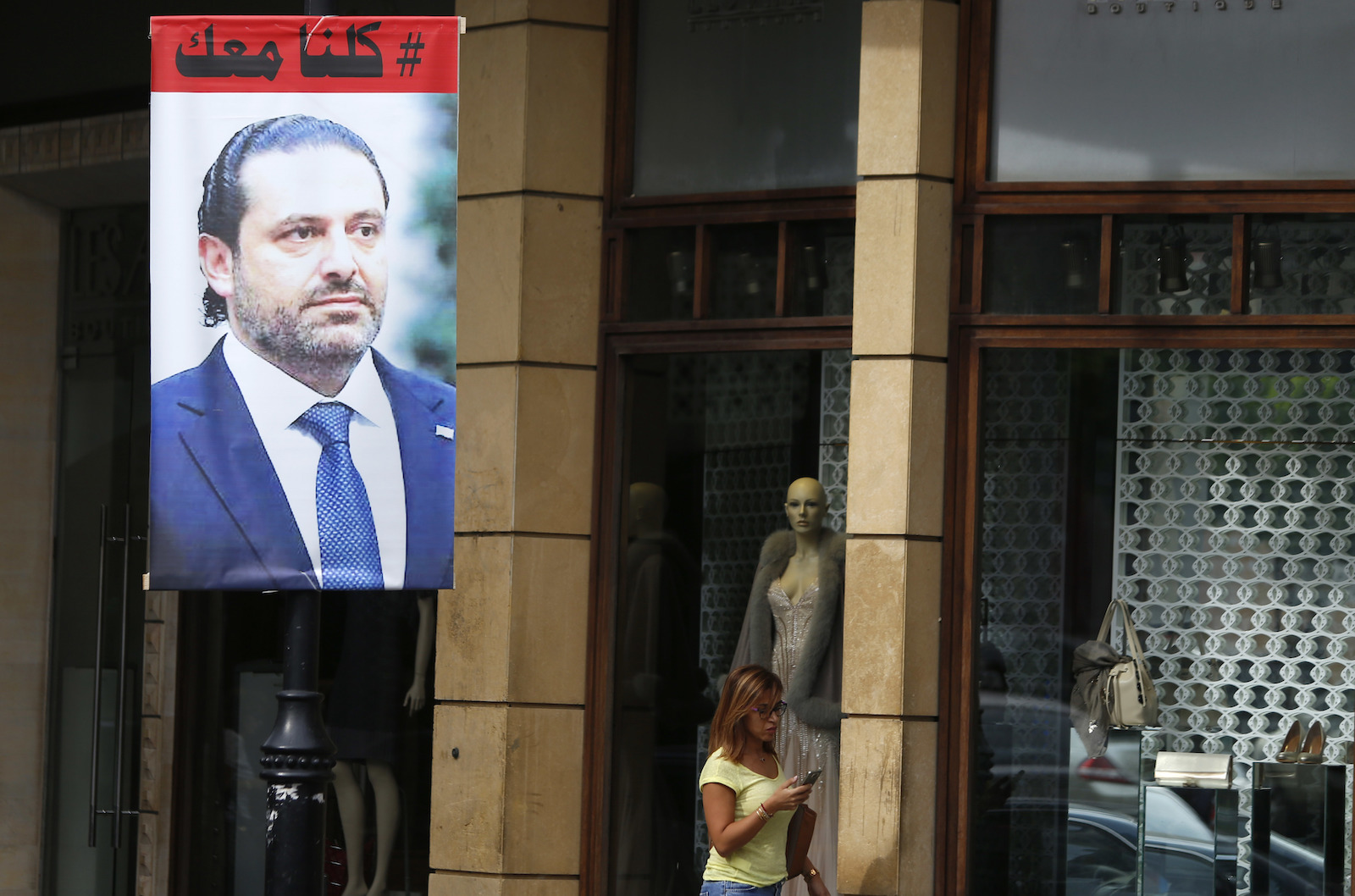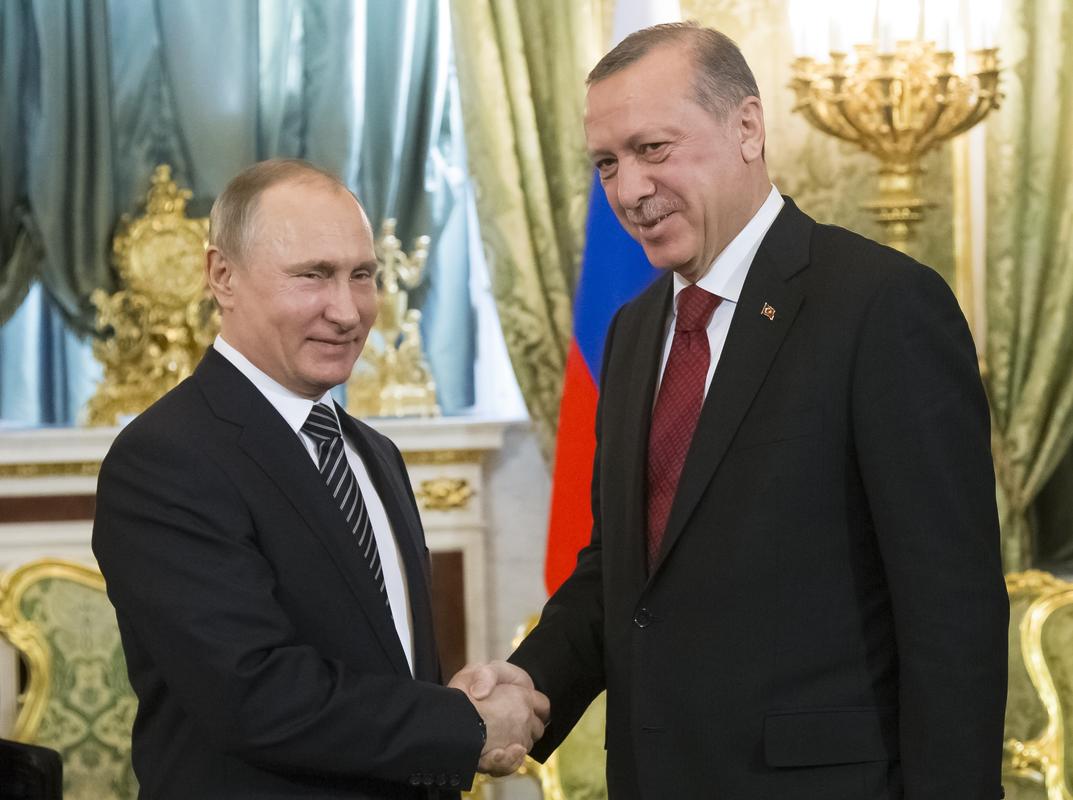One of the world’s most intractable issues appears more impossible than ever, as Palestinian President Mahmoud Abbas described U.S. President Donald Trump’s decision to declare Jerusalem the capital of Israel as “a declaration of withdrawal from the role it has played in the peace process.”
The Organization of Islamic Cooperation, an international organization consisting of 57 member states, has expressed “deep regret” over Mr. Trump’s decision “which constitutes a provocation of Muslims’ sentiments.”
Members of OIC will meet in Istanbul on December 12 and 13 to discuss the repercussions of the US decision and “formulate a unified Islamic position on this serious escalation.”
“Trump has no right to give Jerusalem to the Zionists. The U.N. resolutions have been flouted. There will be great anger and resentment against the U.S.,” Khaled Al Maeena, a political analyst based in Jeddah, told The Globe Post.
The decision is expected to deepen mistrust in the U.S. among Muslims, especially in Arab countries.
Mr. Al Maeena, the former editor of Arab News and Saudi Gazette, Saudi Arabia’s leading English daily newspapers, added that many people have spoken to him in anger and frustration and have started feeling rejected by the U.S. administration.
“Most say Palestinians would never accept this domination and that whatever Trump does or says is not applicable to the people of the land and all decision does is increase hatred towards towards America in this part of the world,” he added.
In Palestine itself, this decision weakens the position of Mr. Abbas, who has in the last years stubbornly upheld the principle of nonviolence and cooperation with Israel – against all odds and, often, against the clear wish of many of his constituents.
“The Trump decision deepens the rift between Abbas and the Palestinian population who consider their president to be a contractor to the Israeli government and accuse him of not representing their interests,” Bettina Marx, director of the German think-tank Heinrich Böll Stiftung, told The Globe Post.
Mr. Trump has upended decades of U.S. policy in defiance of warnings from around the world that the gesture risks aggravating conflict in the volatile region.
Dan Arbell, former deputy chief of mission at the Embassy of Israel in Washington, told The Globe Post that he has mixed feelings about Mr. Trump’s decision.
“On one hand, it corrects a historic wrong – this should have happened 70 years ago when Israel was formed. On the other, I question the timing as it can undermine the peace process.”
He said that Trump could have tied the announcement to a broader plan and elaborated on his commitment to the two-state solution.
“He should have maybe emphasized on the two-state commitment – two states, two capitals,” Mr. Arbell added.
Israeli Prime Minister Benjamin Netanyahu has previously stated that any peace accord with the Palestinians would have to include Jerusalem as Israel’s capital. Israel captured Jerusalem’s eastern sector in the 1967 war and annexed it in a move not recognized by the international community. The city remains divided between east and west, and Palestinians claim the eastern part as their capital.
Israel’s official master plan for the Jerusalem municipality explicitly includes maintaining it as a majority-Jewish city, Human Rights Watch Israel and Palestine Director Omar Shakir said.
“To accomplish this objective, it maintains an entrenched two-tiered system that treats Palestinians separately and unequally through repression, institutionalized discrimination, and systematic rights abuse,” Mr. Shakir told The Globe Post.
Mr. Trump’s decision will not change the facts on the ground and will further undermine the peace process, he added.
All Palestinian factions called for a general strike and protest rallies following the announcement. Israel deployed hundreds of additional police officers on Friday ahead of expected protests after midday prayers. Hamas called for a general “day of rage” in response to the U.S. decision.
One Palestinian was killed by Israeli police during clashes in southern Gaza on Friday, according to the health ministry.
Ms. Marx, who is currently in Ramallah says that people in the West Bank, Gaza Strip and Ramallah took to the streets on Thursday to protest Mr. Trump’s announcement. Representatives from the city’s religious communities reiterated that Jerusalem is holy to Palestinian Muslims and Christians alike. Ms. Marx summed up the sentiment in the words of a Palestinian friend’s 7-year old daughter, who she quoted as saying “It is unjust that Palestine belongs to Israel. It should also not belong only to the Palestinians. It belongs to both peoples and all religions.”
At the checkpoints that surround Palestinian towns and villages, youth clashed with Israeli security forces on Thursday and tens of young Palestinians were wounded, Ms. Marx said.
More demonstrations and possibly clashes were expected on Friday after noon prayers. Hamas had urged Arabs and Muslims to “undermine U.S. interests in the region” and to “shun Israel.”
The U.S. deployed additional Marines to its embassies in the region on Wednesday, and has ordered embassy personnel in places such as Jordan, a traditional U.S. ally, not to travel in the country.
Protests broke out on Wednesday in parts of Jordan’s capital Amman inhabited by Palestinian refugees, with youth chanting anti-American slogans. In the Baqaa refugee camp on Amman’s outskirts, hundreds of people roamed the streets denouncing Mr. Trump and urging Jordan to scrap its 1994 peace treaty with Israel.
Wayne White, a policy expert with the Washington-based Middle East Policy Council told The Globe Post that the demonstrations in Jordan, aimed mainly at the U.S. embassy, were nothing more than what was to be expected.
He added that Mr. Trump’s decision has the potential to create serious unrest in Jordan and possibly even threat the monarchy.
“Research in recent years has shown high levels of sympathy for more militant Islam in certain quarters in Jordan, and something dramatic like this could generate a dangerous level of instability in certain areas of the country, possibly spilling over into Amman,” said Mr. White, who was formerly the deputy director of the State Department’s Bureau of Intelligence and Research Office of Analysis.
The Jordanian government on Wednesday called Mr. Trump’s action “legally null” because it consolidated Israel’s occupation of East Jerusalem.
“Since Trump already has undermined overall trust of and confidence throughout the Muslim world in the U.S., this also will confirm that he is the most unconditionally and irresponsibly pro-Israeli U.S. leader to date,” Mr. White said.
Mr. Trump’s actions could consequently strengthen radical currents in the Arab world. Mr. White added that there could be an increase in “green on blue” attacks on U.S. personnel in Afghanistan, as well as more generalized attacks on U.S. missions, businesses and Americans throughout the region.
“In fact, since Trump’s decision was based 100 percent on pleasing American GOP domestic constituencies, his administration will be widely viewed not only as an utterly unreliable Israeli-Palestinian peace broker, but also as a less reliable and unpredictable partner by Muslim governments,” Mr. White said.
Arab Parliament Speaker Dr. Mishaal bin Fahm Al-Salami called for an emergency meeting to discuss the repercussions of Mr. Trump’s decision and to issue a resolution to reflect the “pulse of the Arab street.”
While many governments cooperating with the U.S. will try to limit the impact of Mr. Trump’s decision, the response within their countries could force U.S. allies to be more cautious about increased involvement with the Trump administration on other issues, Mr. White said. It could give Russian President Vladimir Putin the opportunity to offer Moscow as an alternative to Washington on various levels.
The decision to declare Jerusalem the Israeli capital is one of the few campaign promises Mr. Trump has managed to fulfill, but it may have already undermined another – his pledge to negotiate the “ultimate deal” of a lasting peace settlement between Israelis and Palestinians.
“There is, in my view, no positive outcome resulting from this decision beyond U.S.-Israeli relations,” says Mr. White.
In his speech on Wednesday, Mr. Trump said, “today, I am delivering.”
The question in the aftermath of a statement that has upended decades of carefully crafted diplomacy remains – what exactly did he deliver?























